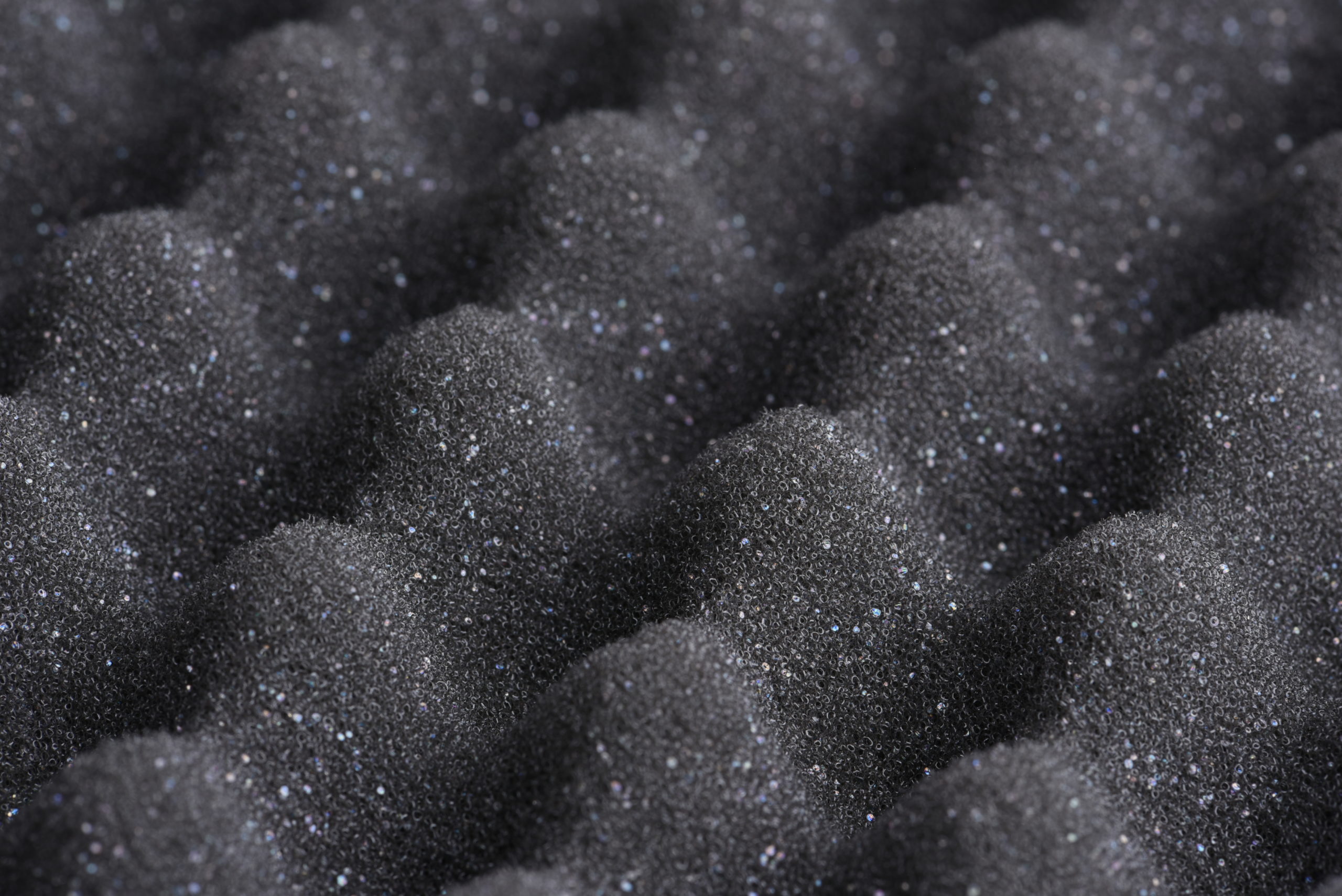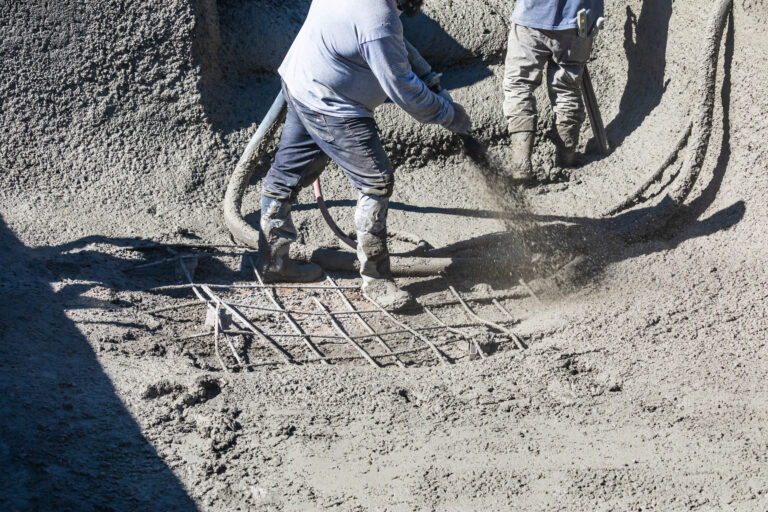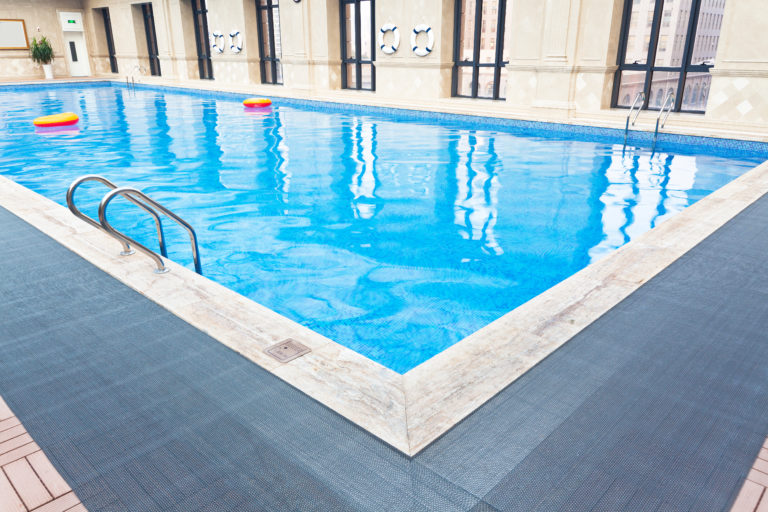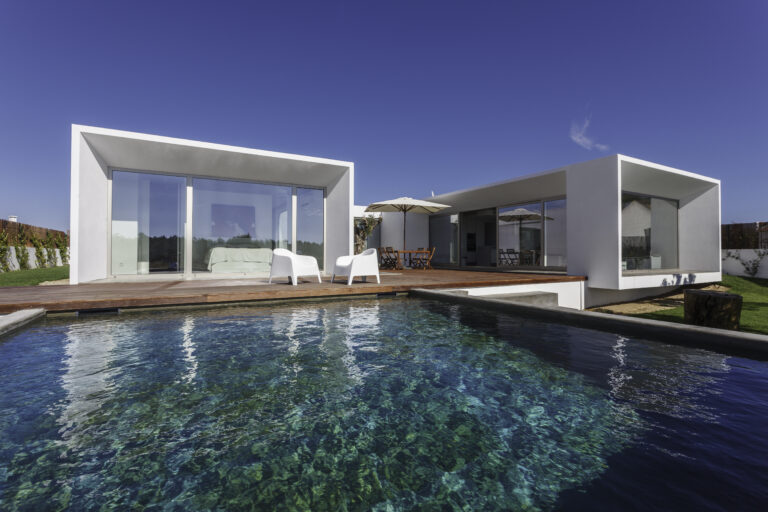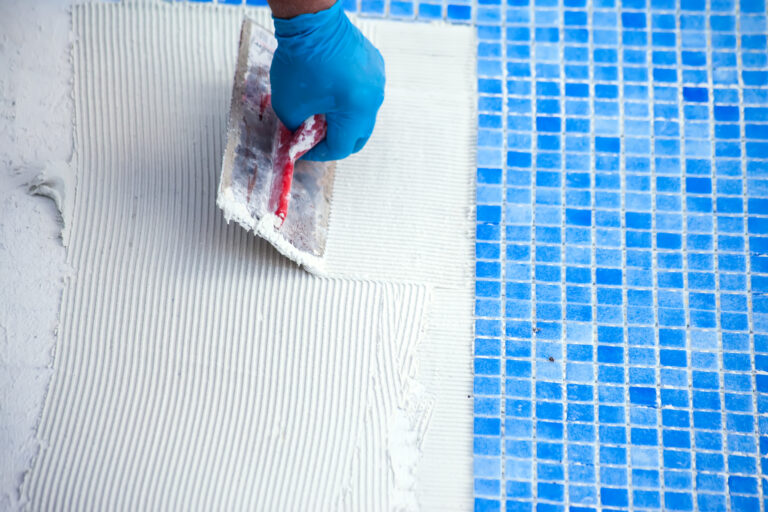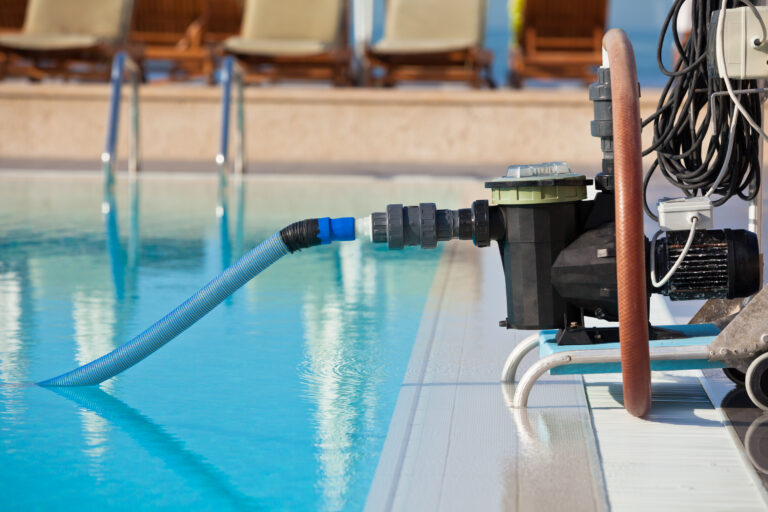The Connection Between Pool Acoustics and Relaxation
You’ve lounged by the pool, but have you ever thought about how its acoustics impact your relaxation? You’re not alone if you haven’t.
In this article, we’ll delve into the surprising connections between pool acoustics and relaxation. We’ll explore how you can enhance your poolside experience with a few sound tweaks.
Dive in; you might find it’s not just the water that’s making you feel so good!
Understanding Pool Acoustics
You’re probably wondering how pool acoustics can enhance your relaxation, aren’t you? Well, it’s all about the acoustic geometry.
Picture this: You’re lounging by the pool, but instead of tranquility, you’re bombarded with echoes and distorted sounds. It’s not exactly peaceful, is it?
The shape and materials of your pool area play a critical role in controlling noise pollution. The sound waves bounce off hard surfaces differently than they do off softer ones. That’s where acoustic geometry comes in. It’s the scientific study of how sound behaves in different environments.
By understanding the principles of acoustic geometry, you can design a space that minimizes unwanted echoes and enhances desirable sounds. The right balance can create a serene environment where every splash or ripple contributes to your relaxation rather than disrupting it.
But don’t fret! You don’t need to be an acoustician to achieve this balance. Simple changes like adding soft furnishings or plants around your pool area can absorb excess noise and help cultivate a more relaxing atmosphere.
So remember: Pool acoustics isn’t just about muffled conversations or echoing splashes; it’s about curating an environment conducive for relaxation through intelligent design and some basic understanding of sound behavior.
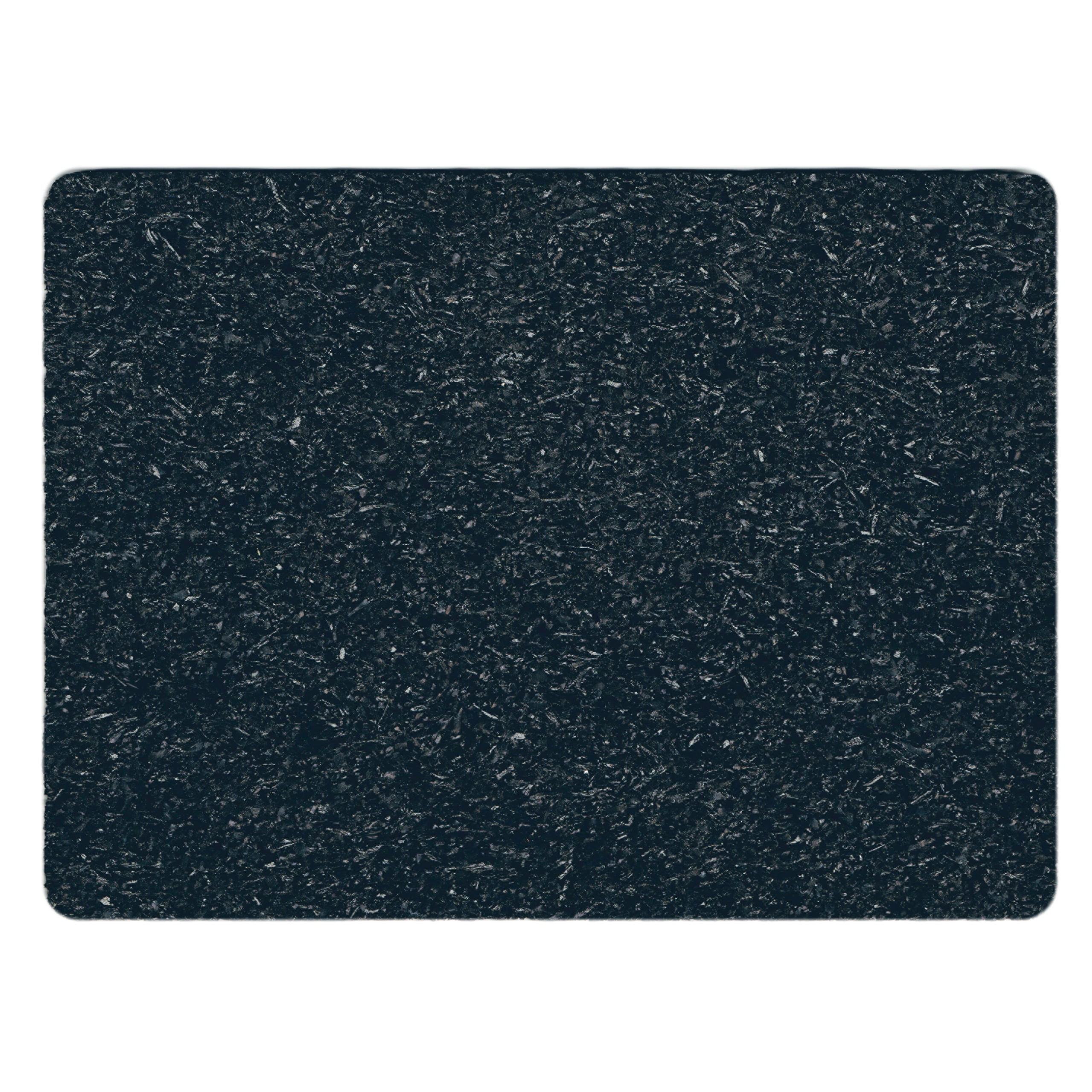
The Science of Sound in Water
You’ve delved into pool acoustics and how it affects relaxation, but have you ever wondered about the science behind sound transmission in water?
It’s a fascinating subject that can actually impact our understanding of underwater ecosystems and human activities in marine environments.
Let’s dive deeper to explore this unique aspect of acoustics, shedding light on how sound travels underwater, and discussing the intriguing effects of underwater acoustics.
Sound Transmission in Water”
Sound travels faster in water than in air, which is crucial for sonic communication among aquatic mammals. These animals heavily rely on sound waves to communicate and navigate underwater.
Here’s why:
– Water molecules are closer together than air molecules, allowing sound waves to travel more efficiently.
– The speed of sound in water is about 4.3 times faster than in air.
– Aquatic mammals have evolved to take full advantage of this rapid transmission of sound.
– They use a variety of sounds, such as clicks and songs, for different purposes like hunting or social interaction.
Understanding how sound behaves underwater can enhance your enjoyment and relaxation when spending time by the pool. It’s fascinating, isn’t it?

Underwater Acoustics’ Impact
It’s quite impressive how understanding underwater sound transmission can improve our technologies and methods in fields like marine biology, oceanography, and even defense. Acoustic Engineering has revolutionized the way we study Aquatic Ecosystems. You’re likely unaware of just how impactful this is.
Consider this:
| Impact | Emotional Response |
| Improved marine communication | Awe at technological advancements |
| Enhanced aquatic species tracking | Amazement at nature’s complexity |
| Advanced submarine detection | Relief for safety measures |
| Better understanding of climate change impact on oceans | Fear but also hope |
See? It’s not just about sounds under water. It’s about connecting with our world in ways you never imagined possible. So next time you’re by a pool or an ocean, remember there’s more than meets the eye – or ear!
How Pool Acoustics Influence Relaxation
Understanding how pool acoustics influence relaxation can greatly enhance your swimming experience. It’s not just about the physical benefits of swimming; it’s also about creating an atmosphere that promotes tranquility and calm. This is where acoustic design innovations come into play.
Imagine immersing yourself in a pool, closing your eyes and hearing nothing but the peaceful sound of water gently lapping against the sides. Doesn’t that sound relaxing? Well, this therapeutic environment is achievable through clever acoustic design. Companies are developing techniques to perfect the sound within your pool area, whether it be reducing unwanted noise or enhancing desirable sounds.
One innovation uses therapeutic sound waves which have been proven to reduce stress and anxiety levels. These invisible waves travel through water faster and more efficiently than air, meaning you’re getting a concentrated dose of relaxation with every swim.
So next time you’re thinking about how to improve your pool experience, don’t forget to consider the acoustics. They might seem insignificant at first glance but trust me, they’ll make all difference between a good swim and a great one!
Benefits of Relaxing by the Pool
You’ve probably experienced the calming effects of lounging by a pool, but have you ever wondered about the full range of benefits this simple pleasure can offer?
Let’s delve into how spending leisure time by the pool not only provides significant stress reduction benefits, but also enhances both your mental and physical well-being.
Stress Reduction Benefits”
Listening to the tranquil sounds of water can significantly reduce your stress levels. It’s no wonder that relaxation techniques often incorporate elements of acoustic therapy, particularly those involving water. You’ve probably experienced it yourself – the calming effect of a gentle rainfall or waves lapping at the shore. This is because these sounds help slow down our overactive minds, promoting deep relaxation and stress reduction.
Acoustic therapy through pool acoustics is a powerful tool you can utilize to combat everyday stressors. Just imagine settling by a poolside after a long day, letting the soothing sounds wash over you as your worries drift away. It’s not just about physical rest; it’s an emotional and mental reprieve that can significantly improve your overall wellbeing.
Improving Mental Health”
It’s clear that the soothing sounds of water can play a vital role in improving mental health, offering a natural form of therapy for those struggling with anxiety or depression. Coupling this with meditation techniques and mindfulness practice can amplify the healing effects.
| Technique | Description | Benefits |
| Mindfulness Practice | Being present in the moment, focusing on your senses. | Reduces stress, improves focus. |
| Water Sound Therapy | Listening to water sounds like waves or rainfall. | Promotes relaxation, aids sleep. |
| Meditation Techniques | Practices such as deep breathing and visualization. | Enhances self-awareness, promotes emotional health. |
You’ll find these activities therapeutic when integrated into your daily routine. They not only foster tranquility but also enhance overall well-being by providing relief from symptoms associated with mental distress.
Enhancing Physical Well-being
Incorporating regular exercise into your routine can greatly enhance your physical well-being, thereby improving your overall health. One of the best ways to achieve this is by exploring water therapy benefits, which combine relaxation with low-impact physical exertion.
Hydrotherapy techniques are incredibly diverse, from warm water exercises that soothe aching muscles to more dynamic movements that boost cardiovascular fitness. It’s not just about swimming laps – think resistance workouts and flexibility training in the pool too!
Enhancing Pool Acoustics for Maximum Relaxation
Enhancing pool acoustics can significantly boost your relaxation experience. Acoustic design and soundproofing techniques are crucial elements to consider when creating a serene environment for you to unwind.
The acoustic design of your pool area should be carefully thought out. It’s not just about the shape of the pool or surrounding structures, but also the materials used in construction. Some materials absorb sound better than others, reducing echoes and thus enhancing tranquility.
Soundproofing techniques come into play in preventing outside noise from disturbing your peace. This might involve insulating walls or using noise-cancelling devices around the perimeter of your space.
Here’s a quick guide to understanding these concepts:
| Acoustic Design | Soundproofing Techniques |
| Shape & structure impact on sound | Insulating walls |
| Material choice for sound absorption | Using noise cancelling devices |
| Reducing echoes | Blocking external noises |
| Enhancing tranquility | Maintaining inner peace |
Real-Life Examples of Pool Acoustics and Relaxation
You’ve probably experienced this yourself, when a dip in a well-designed swimming area made you feel far more at ease than splashing around in an echoey, noisy one. It’s not simply about the water temperature or cleanliness; it’s also about ambient noise effects. They can dramatically alter your relaxation experience.
Acoustic design considerations come into play here. Imagine being in an open-air pool with tall trees surrounding it, versus being in an indoor pool with hard walls reflecting every sound back to you. Which one sounds more relaxing? Exactly!
Here are three real-life examples where acoustics played a major role:
1. Natural Hot Springs: These spots often have ambient noises like running streams or birds singing which enhance the relaxing experience.
2. Resort Pools: Many resort pools are designed with soft-surfaced buildings and foliage around them to absorb sounds rather than reflect them.
3. Spas: Indoor spa pools typically use sound-absorbing materials on their walls and ceilings to lessen echoes.
It’s undeniable that thoughtful acoustic design can transform your swimming experience from merely enjoyable to utterly tranquil. So next time you plan for a swim, consider these factors too!
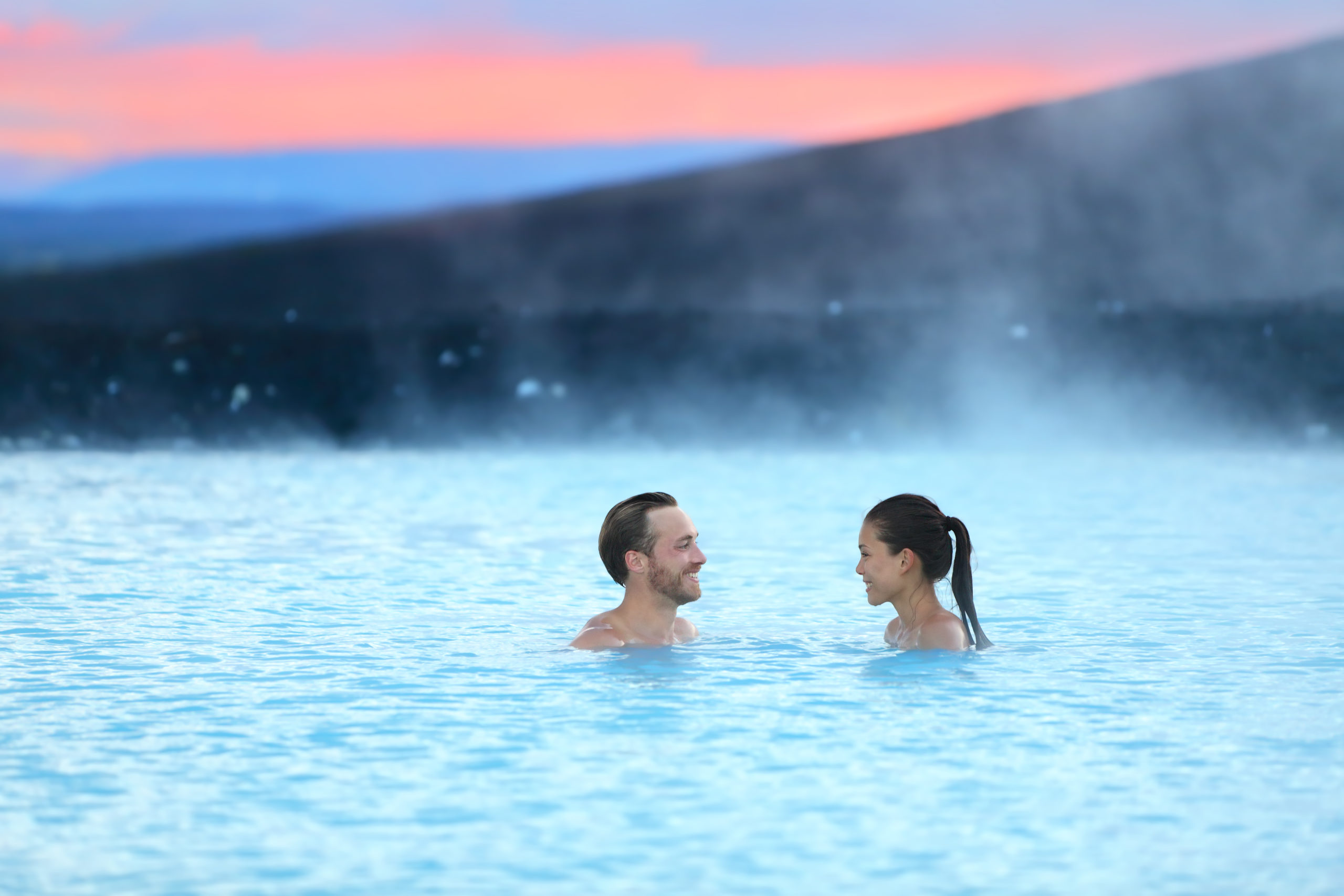
Frequently Asked Questions
What Are Some Common Mistakes People Make When Trying to Optimize Pool Acoustics?
You’re often misguided about sound principles, causing acoustic equipment failure. You might place speakers improperly or use incorrect materials for sound absorption, leading to unsatisfactory pool acoustics instead of the desired relaxation environment.
Are There Specific Types of Music or Sounds That Enhance Relaxation by the Pool?
Absolutely, certain sounds can enhance your relaxation by the pool. Sound therapy techniques like nature sounds or soft instrumental music work well. Ambient noise effects such as water sounds also help you unwind effectively.
How Does the Shape and Size of the Pool Affect the Acoustics?
You’re wondering how pool size and shape affect acoustics. Larger pools can amplify sound, while unusual shapes may distort it. Acoustic modelling techniques help predict this. Weather impacts acoustics too, with wind scattering sounds.
Can Certain Materials Used for Pool Construction Improve Its Acoustics?
Absolutely, the materials you use in pool construction can significantly improve its acoustics. Indoor pools need careful acoustic considerations, as outdoor and indoor pool acoustics differ greatly due to environmental factors.
Are There Professional Services Available to Optimize Pool Acoustics for Relaxation?
Yes, you can hire professional services that specialize in acoustic equipment selection for pools. They’ll optimize your pool’s acoustics, enhancing the therapeutic sound impact to boost relaxation during your swim sessions.

